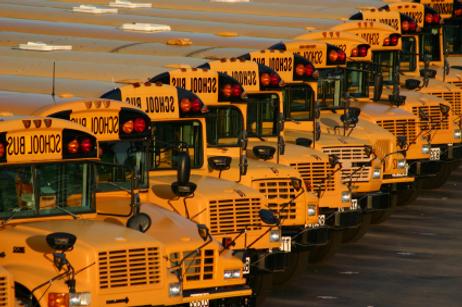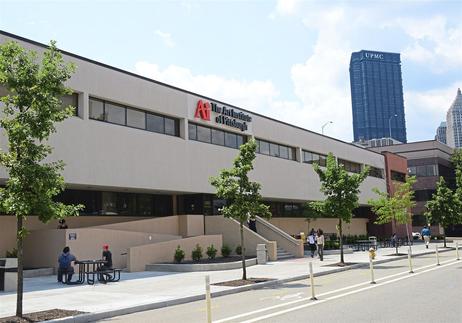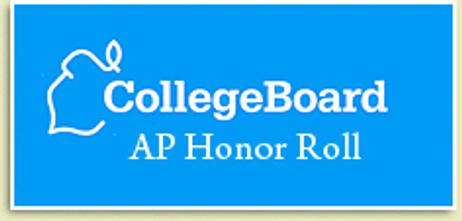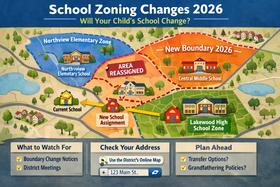The big yellow school bus that lumbers through residential streets throughout the school year is a sight often taken for granted by parents and students alike. However, those buses may become scarce in New York if dire predictions about a transportation strike in New York City ring true. A union representing city school bus drivers has warned of an impending strike if their labor demands are not met soon.
The Dispute Leading Up to Strike Talk
According to a New York Daily News report, local 1181 of the Amalgamated Transit Union is the group threatening the strike. The primary point of contention is a demand by the union that pre-kindergarten bus drivers receive seniority-based job protection like other school bus drivers in the city. The union wants these bus drivers to receive protection, even if their current company does not win a new contract. The concern arose when city officials began talking about collecting bids for a new transportation company when the contract expires in June of next year.
The president of the drivers’ union, Michael Cordiello, told the Wall Street Journal that if the city did away with senior protections for experienced drivers, the result could be many more unprepared bus drivers on the streets of New York City. He mentioned a charter bus accident in the Bronx that occurred in May, killing 15 people.
This video reports on the 2013 school bus strike in New York City.






















